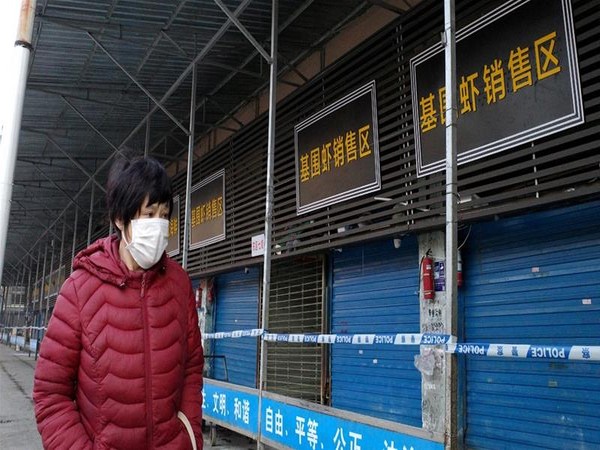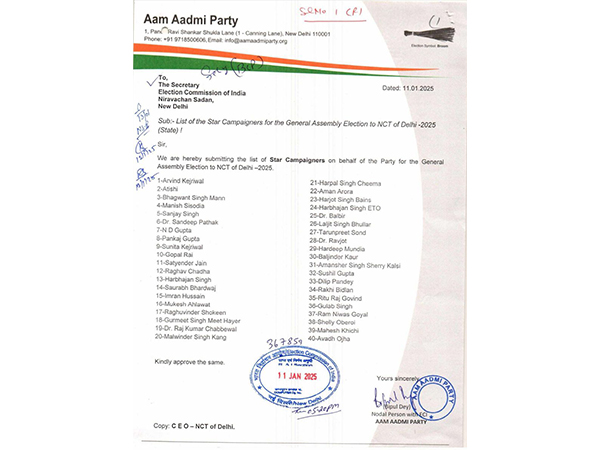
Beijing [China], August 11 (ANI): China‘s three-child policy, which is being promoted by the Chinese Communist Party (CCP) officials as a way to put an end to the trend of aging population, will further “aggravate problems” for working women who are already suffering gender discrimination at workplaces since the one-child policy was abolished in 2015, a Canada-based think tank said.
The policy was announced on May 31 at the meeting of the Politburo of the Chinese Communist Party (CCP) chaired by the CCP General Secretary Xi Jinping on Population aging.
“Though the state-owned Chinese news agency, Xinhua, stated that this policy was meant to address the large decline in new population and would be accompanied by supportive measures to maintain China‘s advantage in human resources, several Chinese citizens expressed dissatisfaction with the policy citing exorbitant cost of raising a child in China,” the International Forum for Rights and Security (IFFRAS) said in an article.
“The three-child policy will further aggravate problem for working women who are already suffering gender discrimination at workplaces since the one-child policy was abolished in 2015. During the last five years, the workplace environment for women has deteriorated,” it added.
In 1979, China implemented the one-child policy, which stipulated that a couple can only have one child. This resulted in a decline in the new population and an increase in the aged population.
China‘s birth rate has been on the decline since 2017, despite easing the ‘one-child policy’ in order to avert an incoming demographic crisis.
Despite the relaxation of the one-child policy in 2016, the number of live births per 1,000 people fell to a record low of 10.48 in 2019, down from 10.94 in 2018.
This has sparked fears of an impending demographic crisis.
Meanwhile, experts have said China‘s labour force will peak in the next few years before shrinking by about five per cent over the next decade, reported CNN. That could mean trouble for the big economic policy objectives set by President Xi Jinping.
China‘s birth rate fell by almost 15 per cent year-on-year in 2020, and some people have indicated that the rising cost of living is a major deterrent to having larger families.
For decades, China‘s family planning restrictions empowered the authorities to compel hundreds of millions of Chinese women to have abortions or undergo sterilisation operations in order to control the population.
Sensing the acute shortage of productive human resources in the long run, the Politburo of the Chinese Communist Party (CCP), chaired by CCP General Secretary Xi Jinping, announced a three-child policy, whereby a couple can have three children in the People’s Republic of China (PRC).
Liu Minghui, a law professor at China Women’s University and a public-interest lawyer said, “Companies already don’t want female workers under the two-child policy–now they are going to discriminate even more.”
One of the biggest reasons behind the growing discrimination is employers’ reluctance to pay for maternity leave.
By law, women in China are entitled to at least 98 days of leave with full pay, but the benefit is only partially funded by the state. Also, women are seen as less likely to commit to long working hours after they have children because they lack access to child care.
The IFFRAS suggested that the Chinese government should reduce gender inequalities at home and the workplace, and methods to better facilitate the work-life balance. (ANI)













